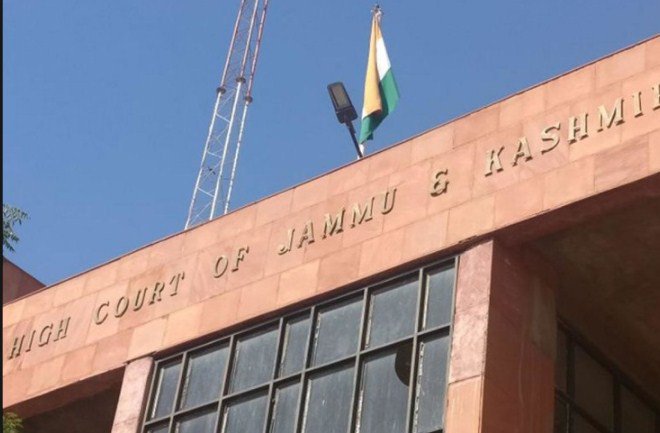LI Network
Published on: 11 September 2023 at 11:12 IST
The Jammu and Kashmir High Court recently underscored the essential role of the Code of Civil Procedure (CPC) as a tool to facilitate justice rather than penalize individuals.
The Court emphasized that procedural errors or mistakes, whether resulting from negligence, inadvertence, or rule violations, should not deprive individuals of their rightful relief.
Justice Javed Iqbal Wani, in his ruling, set aside an order issued by the Court of Special Mobile Magistrate, Anantnag, using its supervisory jurisdiction under Article 227 of the Constitution.
The Court made it clear that the CPC is designed to ensure complete adjudication of disputes between parties and to serve justice comprehensively, rather than being punitive. It recognized that courts generally do not deny rightful relief solely due to procedural errors.
Background of the Case:
The case originated in 1970 when the petitioner was a minor of 12 years. Allegedly, during that time, her mother and respondent 1 obtained a fraudulent decree from the Court of Munsiff Anantnag through compromise.
This decree aimed to deprive the petitioner of her rightful share in her father’s land property.
In 2001, upon discovering the compromise decree, the petitioner challenged it in a suit before the Court of Munsiff Anantnag, which decreed the suit in her favor in 2003, setting aside the earlier compromise judgment and decree.
However, this decision was appealed by the respondents and eventually remanded back to the trial court, which, in 2006, dismissed the petitioner’s suit, asserting that a party challenging a compromise can file a petition under Order 23 Rule 3 CPC to question the validity of the compromise.
Consequently, the petitioner appealed again in 2006, but this time, the Additional District Judge upheld the trial court’s judgment while providing her an opportunity to take appropriate proceedings to set aside the compromise decree if available under the law.
The petitioner then filed an application under Order 23 Rule 3 CPC before the trial court, seeking to set aside the compromise decree dated February 9, 1970, which was ultimately dismissed, leading to her petition before the High Court.
Court’s Observations:
Justice Wani noted that the application filed by the petitioner before the trial court, resulting in the impugned order, was styled as being filed under Order 23 Rule 3 CPC. However, the contents of the application and the prayer indicated that it was filed under Order 23 Rule 3-A CPC.
The Court cited a Supreme Court precedent, R. Janakiammal Vs. S. K. Kumarasamy, which held that Rule 3-A of Order 23 of the CPC was introduced to provide finality to litigation and prevent multiple suits challenging compromise decrees on the grounds of legality.
However, Justice Wani also acknowledged that the petitioner had spent a significant amount of time pursuing the wrong remedy, with procedural errors along the way. The trial court had not called upon the petitioner to produce essential documents, nor was she given a fair opportunity to present evidence.
Emphasizing that the CPC is intended to facilitate justice and not penalize individuals, the Court set aside the impugned order and remanded the matter back to the trial court for reconsideration in accordance with the law and the Court’s observations.
Case Title: Mst. Raja V. Mst. Fazi and Ors.

